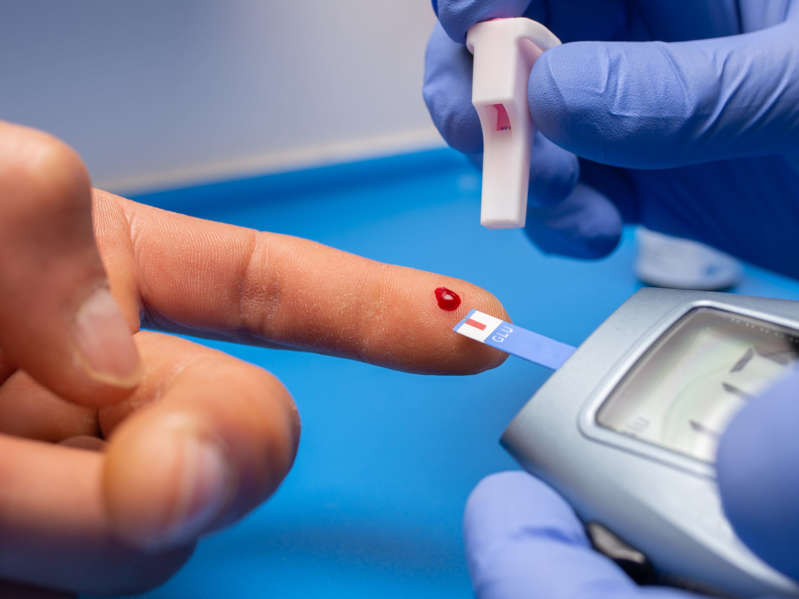mguenot@businessinsider.com (Marianne Guenot)
The coronavirus could be harming vital cells in the pancreas and leaving people with diabetes, according to new research being pursued by scientists.
The relationship between COVID-19 and diabetes is poorly understood and scientists don’t yet have definitive answers.
But as the pandemic progressed, a growing number of reports suggested that people who caught COVID-19 were noticing diabetes symptoms for the first time. It is too soon to say whether the condition is permanent.
“Clearly there’s a link, there’s some sort of mechanism that makes the diseases fuel one another,” Francesco Rubino chair of metabolic surgery at King’s College London, told Insider. “The question is whether new-onset diabetes could be caused by this virus.”
Diabetes is an excess of blood sugar, caused when the body is either not producing enough insulin, the hormone which lowers the blood sugar, or is becoming resistant to it.
One theory was that the body could be confusing pancreas cells for the coronavirus, and trying to destroy them. This would disrupt insulin supply and cause diabetes, the scientists thought.
But research suggests something else could be going on: the virus might be altering the pancreas, prompting it to destroy itself.
Pancreas malfunction
A hallmark of diabetes seen after COVID-19 is the extremely high levels of blood sugar people produce.
These, in turn, need high doses of insulin to counteract, Shiubing Chen, a researcher at the Department of Surgery, Weill Cornell Medicine, told Insider.
“This suggests there may be some acute damage of the pancreas,” Chen said.
To understand what is happening in the pancreas, Chen and her team looked at autopsy samples from five donors with COVID-19. They also gave the coronavirus to cells taken from healthy human pancreases in a laboratory.
Their findings were published in the peer-reviewed journal Cell Metabolism on August 3.
The researchers found that after infection, the insulin-producing cells of the pancreas started acting strangely.
They made much less insulin and instead started making glucagon – the chemical which has the opposite effect.
The cells also started making trypsin, a digestive enzyme, and chemokines, a type of substance that tells the immune system cells are sick and should be destroyed.
Whether this effect is severe enough to cause diabetes to develop where before there was none is something “we don’t know yet,” Chen said.
It is not clear how COVID-19 interacts with diabetes
It is plausible that the coronavirus could change the function of the beta cells, said Rubino, the metabolic surgery expert.
But there could be other reasons, he said. It is possible, for instance, that some of the people already had diabetes before catching COVID-19, but were never aware of it.
Read More From The PatriotAmerican
Rubino has helped put together a registry for cases of new-onset diabetes he hopes will shed light on the issue.
It is not clear how long symptoms of diabetes will last after infection, Rubino and Chen said. Both advised that it is best to avoid getting COVID-19 altogether by getting vaccinated.

